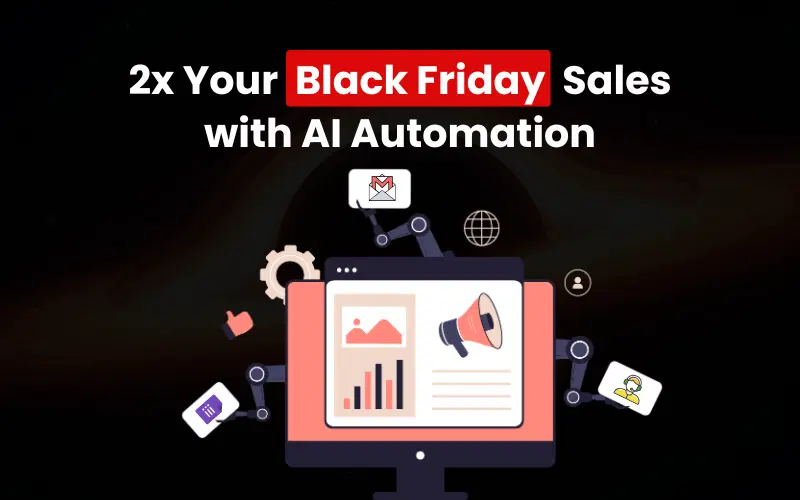Introduction A few years ago, I was on the line with a customer service rep about a billing issue. After waiting for 30 minutes, the agent gave me incorrect information, which led to another hour of follow-up. Frustrating, right? Fast forward to today—I recently had a similar issue, but this time, I was helped in seconds by a virtual assistant that understood the problem and offered the right solution on the first try.
That’s the magic of Knowledge-Based Agents in Artificial Intelligence. They're not just bots that follow scripts—they’re intelligent systems designed to understand, reason, and make informed decisions based on what they know.
If you're trying to understand how AI agents get smarter, more helpful, and more efficient, you're in the right place.
What Are Knowledge-Based Agents?
Knowledge-Based Agents are a type of intelligent agent that use stored knowledge about the world to make decisions. Instead of acting purely on input and output rules, these agents can reason, learn, and adapt using internal models of information.
They rely on a knowledge base—a repository of facts, rules, and logic—to make sense of situations and decide on the best course of action.
How Do Knowledge-Based Agents Work?
At their core, knowledge-based agents function through a perceive–think–act cycle:
- Perception: They receive input from the environment (e.g., text, voice, images).
- Reasoning: They analyze this input using a knowledge representation system, often powered by logic or semantic networks.
- Decision-Making: They evaluate possible actions using inference engines and choose the most suitable one.
- Action: They carry out a decision—whether it’s answering a question, solving a problem, or initiating a conversation.
Why Are Knowledge-Based Agents Important in AI?
You might wonder—can’t a simple chatbot do the job? Not really.
Knowledge-based agents go beyond automation. They help AI systems:
- Understand complex problems
- Make logical decisions
- Adapt to new information
- Personalize experiences for users
Whether it’s call center automation, self-driving cars, or healthcare diagnostics, knowledge-based agents are powering AI systems that need depth and context.
Key Components of a Knowledge-Based Agent
To understand how these agents function, let’s break down their architecture:
- Knowledge Base: Stores all the facts, rules, and structured information the agent uses to reason.
- Inference Engine: Applies logic to the knowledge base to draw conclusions or make decisions.
- Knowledge Acquisition: Allows agents to learn new information, update facts, and adapt over time.
- Communication Module: Handles interaction with users or other agents—this is where Conversational AI comes in.
Knowledge Representation: The Brain of an AI Agent
One major advantage of knowledge-based agents is their ability to represent and organize knowledge. This is done through:
- Semantic networks
- First-order logic
- Ontologies
- Frames and scripts
Good knowledge representation allows the agent to think in ways similar to humans. For example, when you say, “book a flight to Paris,” the agent can understand what “book,” “flight,” and “Paris” mean in context.
Real-Life Applications of Knowledge-Based Agents
Let’s explore how they’re used in the real world:
- Virtual Customer Service Agents
Companies are using these agents for call center automation, where they can understand natural language, offer relevant answers, and escalate issues when needed. - Healthcare Diagnostics
Doctors rely on AI agents to suggest possible diagnoses based on symptoms, patient history, and medical research. - Education and Tutoring Platforms
AI tutors personalize learning paths for students based on what they know and how they learn best. - Smart Home Assistants
Devices like Alexa or Google Home use knowledge-based reasoning to respond intelligently to complex requests.
Advantages of Using Knowledge-Based Agents
When used correctly, these agents bring serious benefits:
- Improved decision-making: They rely on facts, not guesses.
- Context-aware responses: They consider history and intent.
- Reduced human intervention: Less need for manual troubleshooting.
- Scalability: They can handle thousands of interactions at once.
Long-Tail Keyword Integration
How do knowledge-based agents improve AI decision-making?
These agents enhance AI decision-making by giving it contextual awareness, enabling it to make logical, informed decisions rather than reactive ones. For instance, in financial services, an agent can analyze past transactions, detect anomalies, and flag risks in real time.
Challenges of Knowledge-Based Agents
Of course, no system is perfect. Here are some challenges:
- Knowledge Engineering: Creating and maintaining a reliable knowledge base is labor-intensive.
- Incomplete or Outdated Knowledge: If the information isn’t current, the agent can make poor decisions.
- Complexity: Handling large amounts of structured knowledge can be resource-heavy.
The Future of Knowledge-Based Agents
AI is moving toward hybrid models—combining machine learning with knowledge-based systems to get the best of both worlds.
You might see conversational AI that not only chats but reasons like a human expert. This could revolutionize industries like law, finance, and education, where logic and context are essential.
Conclusion
By now, you can see how Knowledge-Based Agents are changing the landscape of AI. They're not just smart—they're contextually intelligent, making decisions that actually make sense.
Whether you're building an AI product, working in tech, or just curious about how machines “think,” understanding these agents gives you a huge edge. As AI evolves, so will its need for structured knowledge, reasoning power, and human-like logic.
Ready to explore how knowledge-based agents can improve your AI strategy? Let’s build something intelligent, together.






